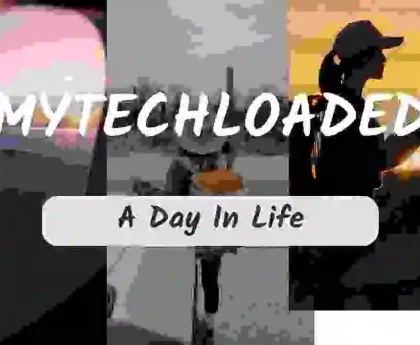In the realm of blockchain technology, Initial Coin Offerings (ICOs) have emerged as a popular means for startups to raise funds and investors to participate in promising projects. However, the traditional ICO process is not without its challenges. Fraud, lack of transparency, and regulatory hurdles have all raised concerns among investors. Enter smart contracts, the revolutionary self-executing protocols that can transform the ICO landscape. In this blog, we will explore how smart contracts can be utilized in the ICO development process and the array of benefits they offer.
What are Smart Contracts?
Before diving into their utilization in ICO development, let’s briefly understand what smart contracts are. Smart contracts are self-executing contracts with predefined conditions that automatically execute once those conditions are met. They run on the blockchain, ensuring transparency, security, and immutability.
Smart Contracts in the ICO Development Process
Token Creation and Distribution:
Smart contracts play a pivotal role in the creation and distribution of tokens during the ICO. Through platforms like Ethereum, developers can create their tokens as smart contracts, adhering to predefined standards such as ERC-20 or ERC-721. These standards ensure compatibility with various wallets and exchanges, making token integration seamless. Additionally, smart contracts facilitate the automatic distribution of tokens to investors once they contribute to the ICO.
KYC/AML Compliance:
One of the significant challenges in ICOs is ensuring Know Your Customer (KYC) and Anti-Money Laundering (AML) compliance. Smart contracts can integrate KYC/AML procedures, verifying the identity of investors before allowing them to participate. This feature not only ensures regulatory compliance but also enhances the overall security of the ICO.
Escrow Services:
Fraud and distrust have plagued many ICOs, leading to a lack of investor confidence. Smart contracts act as escrow services, holding funds until predefined milestones are achieved. This way, investors can trust that their contributions will only be released to the project if certain goals are met, ensuring accountability and transparency.
Transparent Fund Utilization:
Transparency is critical in building investor trust. Smart contracts enable real-time tracking of funds raised during the ICO and their utilization by the project team. This level of transparency significantly reduces the risk of mismanagement and misallocation of funds, making ICOs more attractive to potential investors.
Investor Protection:
- Investor protection is a top priority in any fundraising campaign. By incorporating smart contracts, ICOs can define clear terms and conditions regarding refunds and dispute resolution. Investors can have confidence that their rights are protected through the decentralized and tamper-resistant nature of smart contracts.
Benefits of Smart Contracts in ICO Development
Enhanced Security:
Smart contracts operate on the blockchain, which offers robust security against hacking and unauthorized access. The decentralized nature of the blockchain ensures that data is distributed across multiple nodes, making it virtually impossible for a single point of failure to compromise the entire system.
Elimination of Intermediaries:
By leveraging smart contracts, ICOs can bypass traditional intermediaries, such as banks and legal entities, reducing associated costs and potential delays. This direct peer-to-peer interaction streamlines the ICO process, making it more efficient and cost-effective.
Increased Transparency:
The transparent nature of blockchain ensures that all transactions and activities within an ICO are visible to the public. Smart contracts enable stakeholders to monitor fund flows, project milestones, and token distributions in real-time, fostering trust and credibility.
Time and Cost Efficiency:
The automation offered by smart contracts significantly reduces manual intervention in the ICO process, resulting in faster execution of tasks. Additionally, by eliminating intermediaries, ICOs can cut down on associated fees, making the fundraising process more cost-effective.
Global Accessibility:
Smart contracts facilitate borderless transactions, allowing investors from any part of the world to participate in an ICO. This global accessibility expands the potential investor base and increases the likelihood of successfully raising funds for the project.
Conclusion
The incorporation of smart contracts in the ICO development process marks a transformative shift in the world of fundraising and investing. These self-executing protocols not only streamline the process but also provide an unparalleled level of security, transparency, and efficiency. By leveraging smart contracts, ICOs can attract more investors, mitigate risks, and build trust in the blockchain ecosystem.
As the blockchain technology continues to evolve, smart contracts are poised to reshape various industries beyond ICOs, revolutionizing the way we interact, transact, and collaborate. It is crucial for businesses and investors to recognize the immense potential that smart contracts hold and embrace them to unlock a new era of decentralized, trustless, and efficient processes.



